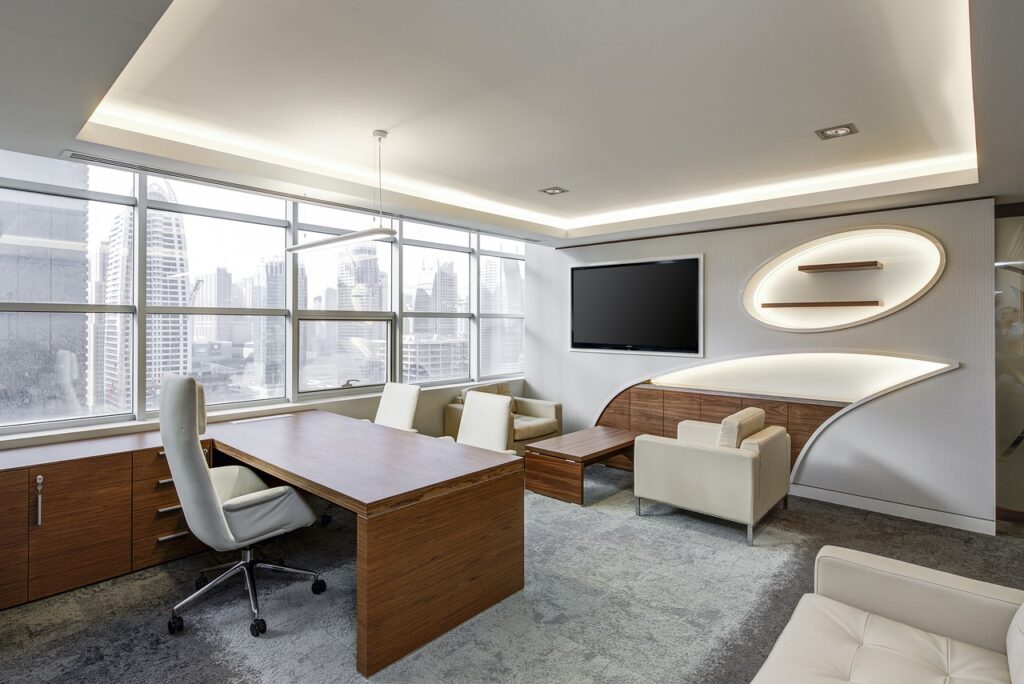Office environments are rapidly evolving to support new work models. With hybrid and flexible work arrangements becoming the standard in many industries, organizations are reassessing how they use office space. One major challenge has emerged: how to manage desks and workstations efficiently without overcomplicating things for employees.
To address this, many businesses are turning to desk booking systems. These tools simplify the process of reserving a desk and help organizations make better use of their real estate. A good example is the desk booking feature offered by desk booking with floor planner, which provides a practical, map-based interface for booking workstations.
Understanding Modern Workspace Needs
The traditional office layout was built around the idea that each employee had a permanent desk. This model was useful when everyone worked from the office five days a week. However, in the current climate—where many employees split their time between remote and in-office work—this approach no longer makes sense for many organizations.
Unused desks result in wasted resources. Companies pay for space, utilities, and furniture that sit idle for much of the week. At the same time, employees returning to the office part-time need an easy way to find and reserve desks when needed. Desk booking tools solve both sides of the equation by enabling flexibility and offering insights into space utilization.
How Desk Booking Tools Improve Space Management
Desk booking systems make it easier for employees to choose where they sit, and for office managers to track space usage. The process is simple: an employee logs in, views the available desks on a digital map, and reserves one for the day or week.
Key advantages include:
- Real-time availability: Employees can see which desks are available and make bookings instantly.
- Interactive floor plans: A visual layout helps users find preferred desks, such as near their team or close to meeting rooms.
- Flexible rules: Managers can assign zones, restrict access by team, and define time limits for bookings.
- Data analytics: Desk usage data helps with long-term planning—whether it’s rearranging seating, downsizing, or expanding.
- Improved accountability: Knowing who has booked what space makes it easier to manage cleaning, IT support, and occupancy limits.
Common Use Cases in Modern Offices
- Hybrid Work Planning
Employees working in the office a few days a week can secure desks in advance. This ensures they won’t arrive and find every space already taken. - Team Coordination
Teams that need to collaborate in person can coordinate which days they’ll be in the office and reserve desks close to one another. - Visitor Management
Desk booking tools can also be used to allocate temporary desks for visitors, clients, or contractors. - Occupancy Monitoring
Office managers can track peak usage times, underused areas, and make adjustments as needed.
Implementation and Onboarding
One of the reasons desk booking software has become popular is that it’s relatively easy to implement. Systems like FloorPlanMapper allow organizations to:
- Upload or design a custom floor plan
- Define which desks are available for booking
- Set user permissions and booking rules
- Monitor usage through built-in reporting tools
Employees usually require minimal training to start using the system. Most platforms are intuitive, with drag-and-drop functionality, filters, and mobile compatibility.
Long-Term Benefits
Desk booking is more than just a scheduling convenience—it’s a foundation for smarter workspace management. Companies using these systems often report:
- Cost savings: Reducing the number of permanent desks can lead to smaller office footprints.
- Greater employee satisfaction: Staff enjoy the flexibility to choose when and where they work.
- More informed planning: Data from bookings supports decisions about layout changes, team zoning, or additional shared spaces.
Even companies that don’t currently operate a hybrid model are exploring desk booking tools in preparation for future shifts.
Final Thoughts
As office dynamics change, so too must the tools we use to manage them. Desk booking systems are a practical way to bring structure to flexible work models. They support better collaboration, space optimization, and employee autonomy—without creating more administrative burden.
Organizations looking for a straight forward, map-based solution can explore options like the office desk booking system. With visual floor plans, customizable rules, and clear reporting features, it provides the structure needed to manage office desks in a hybrid work environment

